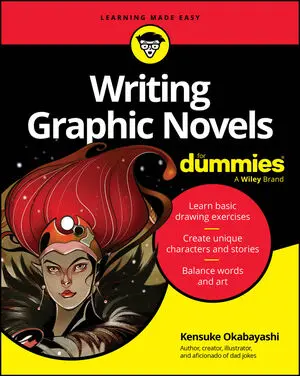The rules for writing books for younger children (ages 2–8) are different from the rules for writing books for middle graders or young adults. Keep the following 12 commandments in mind. (As with most commandments, you may be able to dance around one or two, but you'd better have a good reason.)
It's okay to be different from others, but it's not easy.
Bad guys never win.
The good guy must come out on top in the end.
Extremes rule (the world is black or white, not both — most children ages 10 and under can be quite literal).
All characters should be drawn with both good points and weaknesses. No one is just one or the other — even the good and the bad guy.
It's fine for something to be scary, but it can never touch a little kid's body.
Little people can triumph over big people.
Poopoo, peepee, tushies, passing gas, burping, underwear — they're all hilarious.
Turning things upside down is funny — as long as those things make sense in the first place right side up.
Magic can occur as a logical reaction to an action.
Regular children can perform extraordinary feats.
Regular children can go on implausible missions sanctioned (or not) by adults in charge.






